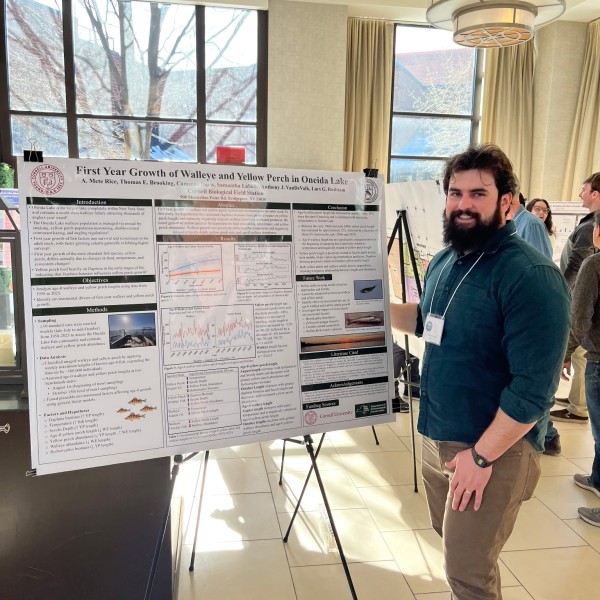Academic focus:
Sustainable food systems, climate change mitigation and adaptation, food systems futures, systems analysis, livestock, sustainability, food security, environmental impacts
Research summary:
My research focuses on increasing the sustainability of food systems for the benefit of humans and ecosystems. I am particularly interested in the development of integrated solutions for transitioning toward sustainable food systems. Some of the areas in which I have been deeply involved include foresight and scenario development, sustainable agricultural intensification, climate change adaptation and mitigation, structural agricultural change, agricultural diversification, resilience and vulnerability, sustainability assessment and metrics, sustainable and healthy diets, spatial analyses, rangelands, the circular economy, and biodiversity.
What do you like to do when you’re not working?
I love spending time with my family in the outdoors walking and kayaking. I also love cooking, playing guitar, drawing and the arts in general.
What are your current outreach/extension projects?
I have been working as a member of the scientific committee for the UN Food Systems Summit. This has led me to be involved in a broad range of events with different stakeholders (civil society, government representatives, industry, the public) trying to identify implementable solutions for increasing the sustainability of food systems.
What are three adjectives people might use to describe you?
Creative, charismatic, collaborative
What (specifically) brought you to Cornell CALS?
It was three things: 1. The friendliness and warmth of key staff I met. 2. The possibility of using such a prestigious university as a robust platform for doing impactful research on sustainable food systems. 3. Also, a good couple of conversations with my friend Chis Barrett were quite influential.
What do you think is important for people to understand about your field?
Probably the most important thing is to understand that we need very fast transitions in our food systems. This sense of urgency needs to be brought to the fore of the conversation, as well as the need for applied solutions. My field of work is fully transdisciplinary. We will not solve food systems problems with narrow approaches; we need deep collaboration from many fields, including nutrition, agronomy, economics, health and environmental sciences.
Why did you feel inspired to pursue a career in this field?
Since I was a kid, I felt a real connection with nature and agriculture. Spending time in the countryside, talking to farmers and rural people awoke my interests in this field.
What’s the most surprising/interesting thing you’ve discovered about Cornell and/or Ithaca so far?
That there is Porchfest, yay! Can’t wait for it. I’m also a birder, so I can’t wait to get in touch with the Cornell Lab of Ornithology.
If you had unlimited grant funding, what major problem in your field would you want to solve?
Climate change
Learn more about Mario from this Cornell Chronicle feature or on his faculty profile page. Follow Mario on Twitter, @GlobalFoodTeam.





